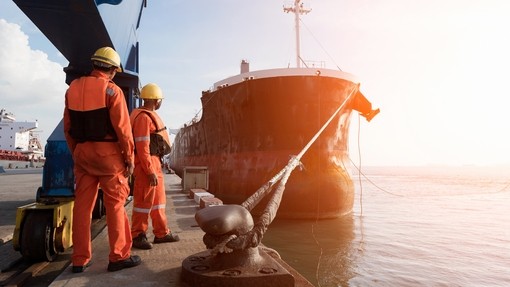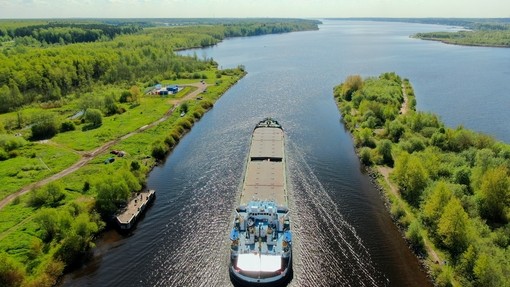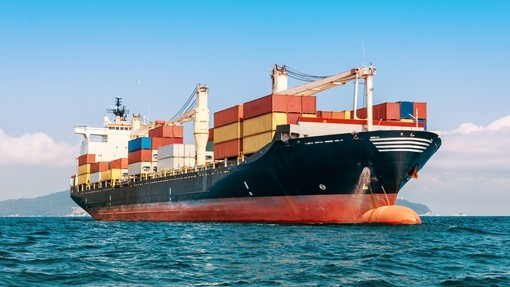Dainford Navigation Inc -v- PDVSA Petroleo S.A “MOSCOW STARS” [2017] EWHC 2150 (Comm)

Details
In this decision of the High Court, Mr Justice Males considered an application for an order for sale of cargo under section 44 of the Arbitration Act 1996, and, in doing so, was required to consider the meaning of the phrase ‘goods the subject of the proceedings’ under section 44(2)(d) of the Act.
Factual background
On 14 October 2016, pursuant to a time charter between the claimant and defendant, the cargo (38,000 gross metric tons of Santa Barbara crude oil and 12,000 gross metric tons of Anaco crude oil) was loaded on board the vessel at Puerto La Cruz, Venezuela, and the vessel was ordered to proceed to Freeport, in the Bahamas, for discharge. According to the claimant, at that stage, the defendant owed the claimant payment of hire of about US$4.5 million.
On 18 October 2016, as a result of the defendant’s failure to pay hire, the claimant gave notice of exercise of a lien over the cargo. The vessel later sailed to Bullen Bay, Curacao, in accordance with further orders given by the defendant, and was still there at the date of the hearing.
On 26 November 2016 the claimant served a further notice of exercise of a lien. Some payments were made by the defendant in December 2016 and January 2017, however they were insufficient to clear the existing arrears. As a result of this, the claimant commenced arbitration in London.
In December 2016 the claimant sought permission from the arbitral tribunal to apply to the court for an order for sale of the cargo, and, on 13 December 2016, permission was granted. Further to this, on 21 December 2016, the claimant arrested the cargo with the leave of the Curaçao court. At the date of the hearing the cargo was subject to arrest at the suit of the claimant and 11 other companies in the same group, who had similar claims under different charters.
Legal issues
Counsel for the defendant put forward the following three reasons as to why the claimant’s application should be dismissed:
- There was no power to order the sale of a cargo under section 44(2)(d) of the Arbitration Act 1996, unless the cargo was the ‘subject of the arbitral proceedings’;
- If there was such a power, it could only be exercised within the scope of CPR 25.1(c)(v), which required either that the cargo was perishable, or that there was some other good reason why it should be sold ‘quickly’; and
- The exercise of such a power would be inappropriate in all the circumstances.
‘Goods the subject of the proceedings’
Mr Justice Males noted that although this question had not been the subject of a reasoned decision in this jurisdiction, this question had arisen in Singapore, and in particular in the case of Five Ocean Corporation -v- Cingler Ship Pte Ltd [2015] SGHC 311, whereby it was held that the cargo was the subject matter of the proceedings as it formed the subject matter of the claims for freight.
Mr Justice Males disagreed with counsel for the claimant that the phrase ‘subject of the arbitral proceedings’ required no more than that the proceedings in question related to or concerned the goods in question, and said that, in his judgment, the phrase required a closer nexus between the cargo and the arbitral proceedings.
Counsel for the defendant submitted that the phrase was deliberately narrow and said that it was to be contrasted with the wider expression ‘property which is the subject of the proceedings or as to which any question arises in the proceedings’ in paragraph (c) of section 44(2). He also pointed out the fact that the Singapore legislation did not contain a phrase equivalent to this. Relying on what was said by Lord Millett in On Demand Information Plc -v- Michael Gerson Finance Plc [2002] UKHL 13, [2003] 1 AC 368, he then went on to argue that in order for goods to be ‘the subject of the proceedings’ there had to be a dispute about the goods, and the power to order sale on an interim basis while that dispute was resolved was limited to a situation where it was impossible to know until the dispute was resolved which party was entitled to sell the goods or determine what was to happen to them.
Mr Justice Males said that nobody was suggesting that section 44 of the Arbitration Act gave the court the power to make a free standing order for sale as a form of independent relief, and said that the power was limited to a case where the goods were ‘the subject of the proceedings.’ Mr Justice Males went on to conclude that there was a sufficient nexus between the cargo and the arbitral proceedings in circumstances such as those in this case, where a contractual lien was being exercised over a defendant’s goods as security for a claim which was being advanced in arbitration, and said that it did not depend on whether there was formally a claim in the arbitration for a declaration that the claimant was entitled to exercise such a lien; it was sufficient that the lien was being exercised in support of the arbitral claim and that, as a result, there was an impasse between the parties pending issue of an award.
‘Good reason…to sell quickly’
The claimant argued that the fact that the cargo had already been on board the vessel for over nine months and, without an order for sale, would remain there for many months to come, prejudicing the claimant who was not receiving hire, was having to incur the expenses of operating the vessel, and was faced with approaching deadlines to comply with SOLAS and class requirements, was an overwhelming good reason to order the sale in this case, and said that there was little or no prejudice to the defendant from such a course, in particular where there is no viable alternative.
After considering the range of arguments put forward by the defendant, as to other courses of action which could be taken, including the defendant’s open offer to undertake a sale of the cargo itself, thereby recognising that the best course was to sell the cargo, Mr Justice Males concluded that he had no doubt that the sale of the cargo should be ordered.
Case comment
Notwithstanding orders for sale of cargoes have been made in previous cases with similar circumstances, Mr Justice Males’ decision in this case is welcomed as it addressed the issue whether the cargo ordered to be sold falls within the meaning of ‘the subject of the proceedings’ under section 44(2)(d) of the Arbitration Act 1996. However, Mr Justice Males made it clear in his judgment that he was not addressing what the outcome would be where the cargo was owned by a third party, who was not a party to the arbitration, as that was not the position in this case.
This article originally appeared in the September 2017 edition of shipping case digest. Other articles include:
MT Højgaard A/S -v- E.ON Climate & Renewables UK Robin Rigg East Limited [2017] UKSC 59
Aspen Underwriting Limited and Others -v- Kairos Shipping Limited and Others [2017] EWHC 1904 (Comm)
Sana Hassib Sabbagh -v- Wael Said Khoury & Others [2017] EWCA Civ 1120






